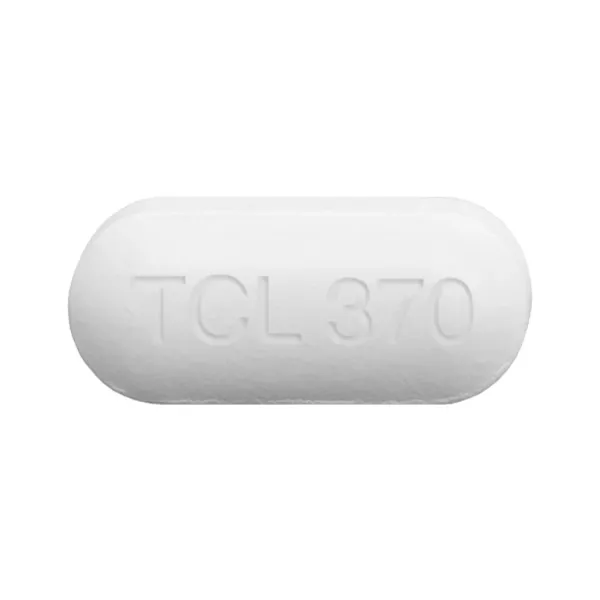Acetaminophen/aspirin/caffeine Interactions
There are 589 drugs known to interact with acetaminophen/aspirin/caffeine, along with 21 disease interactions, and 6 alcohol/food interactions. Of the total drug interactions, 72 are major, 443 are moderate, and 74 are minor.
- View all 589 medications that may interact with acetaminophen/aspirin/caffeine
- View acetaminophen/aspirin/caffeine alcohol/food interactions (6)
- View acetaminophen/aspirin/caffeine disease interactions (21)
Most frequently checked interactions
View interaction reports for acetaminophen / aspirin / caffeine and the medicines listed below.
- Adderall (amphetamine / dextroamphetamine)
- Adderall XR (amphetamine / dextroamphetamine)
- Advil (ibuprofen)
- Alcohol (contained in alcoholic beverages) (ethanol)
- Aleve (naproxen)
- Ambien (zolpidem)
- Aspirin Low Strength (aspirin)
- Benadryl (diphenhydramine)
- Benadryl Allergy (diphenhydramine)
- Celebrex (celecoxib)
- Claritin (loratadine)
- CoQ10 (ubiquinone)
- Crestor (rosuvastatin)
- Cymbalta (duloxetine)
- Fish Oil (omega-3 polyunsaturated fatty acids)
- Lamictal (lamotrigine)
- Metoprolol Succinate ER (metoprolol)
- Probiotic Formula (bifidobacterium infantis / lactobacillus acidophilus)
- Prozac (fluoxetine)
- Singulair (montelukast)
- Synthroid (levothyroxine)
- Topamax (topiramate)
- Tylenol (acetaminophen)
- Vicodin (acetaminophen / hydrocodone)
- Vitamin B Complex 100 (multivitamin)
- Vitamin B12 (cyanocobalamin)
- Vitamin C (ascorbic acid)
- Vitamin D3 (cholecalciferol)
- Xanax (alprazolam)
- Zyrtec (cetirizine)
Acetaminophen/aspirin/caffeine alcohol/food interactions
There are 6 alcohol/food interactions with acetaminophen / aspirin / caffeine.
Acetaminophen/aspirin/caffeine disease interactions
There are 21 disease interactions with acetaminophen / aspirin / caffeine which include:
- alcoholism
- liver disease
- coagulation
- cardiac disease
- hypertension
- psychiatric disorders
- PUD
- asthma
- GI toxicity
- renal dysfunction
- Reye's syndrome
- PKU
- cardiotoxicity
- liver disease
- renal dysfunction
- seizure disorders
- GERD
- anemia
- dialysis
- G-6-PD deficiency
- hepatotoxicity
More about acetaminophen / aspirin / caffeine
- acetaminophen/aspirin/caffeine consumer information
- Compare alternatives
- Pricing & coupons
- Reviews (388)
- Drug images
- Latest FDA alerts (4)
- Side effects
- Dosage information
- During pregnancy
- Drug class: analgesic combinations
Related treatment guides
Drug Interaction Classification
| Highly clinically significant. Avoid combinations; the risk of the interaction outweighs the benefit. | |
| Moderately clinically significant. Usually avoid combinations; use it only under special circumstances. | |
| Minimally clinically significant. Minimize risk; assess risk and consider an alternative drug, take steps to circumvent the interaction risk and/or institute a monitoring plan. | |
| No interaction information available. |
See also:
Further information
Always consult your healthcare provider to ensure the information displayed on this page applies to your personal circumstances.


